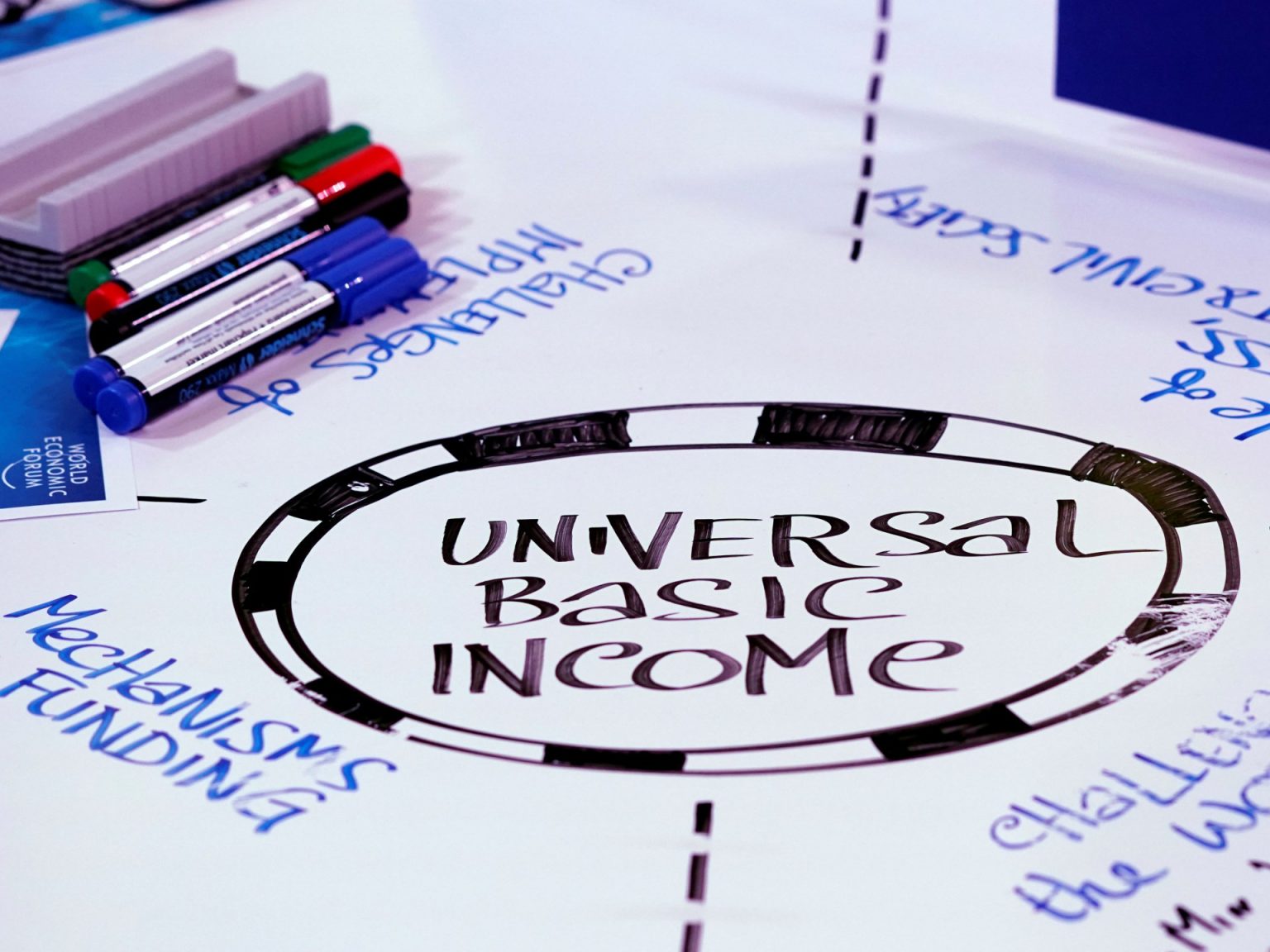In September, Pope Francis attended the World Meeting of Popular Movements, where he renewed his call for a global universal basic income (UBI) as a reflection of compassion and justice. This initiative, aimed at addressing the “economy of exclusion and inequality”, has gained momentum as a way to provide economic security as a fundamental human right and promote social justice. The Global South lacks the resources to fund national UBIs, making a global UBI not only a poverty relief measure but also a necessary redistribution of wealth from the Global North to the Global South.
Critics of the UBI movement often cite the significant costs associated with implementing such a system. However, Equal Right, a nonprofit advocating for UBI, has proposed a model for funding a global UBI through taxes on carbon, wealth, and financial transactions. By imposing charges on fossil fuel extraction, progressive wealth taxes, and other measures, it is estimated that a global UBI of at least $30 a month could be funded, providing much-needed support to the 712 million people living in extreme poverty worldwide.
While a monthly payment of $70 may not seem significant to many, it can be transformational for those living in extreme poverty. Pilot programs around the world have demonstrated the positive impacts of providing people with cash payments. However, there are concerns about the sustainability of funding a global UBI through carbon and wealth taxes, as resources become more evenly distributed and taxable revenues diminish over time.
To address these challenges, Equal Right proposes establishing a Global Commons Fund (GCF) to collect revenues from the fossil fuel charge and invest in the green economy. This fund would distribute a UBI to all citizens, end the debt cycle for poor countries, and provide grants for climate mitigation and adaptation. By capping carbon extraction and ensuring responsible resource management, the GCF aims to fund a global UBI while mitigating the climate crisis and promoting socio-ecological transformation.
The “cap and share” model not only funds a global UBI but also contributes to climate justice by encouraging cleaner fuel options, supporting conservation efforts, and providing compensation for loss and damage caused by natural disasters. As the world faces increasing pressure to address climate change and achieve the aims of the Paris Agreement, Equal Right urges policymakers to consider the potential of the “cap and share” system in advancing climate and economic justice, ensuring a sustainable and equitable future for all.
In a time of uncertainty, embracing bold yet essential approaches like the “cap and share” system offers a way forward towards a more sustainable and just future for all. By funding a global UBI, capping fossil fuels, and promoting economic equity, this initiative aligns with the goals of Pope Francis and addresses the urgent need for climate finance while tackling poverty and inequality on a global scale. It is a radical yet necessary step towards achieving a more sustainable and equitable world for future generations.


